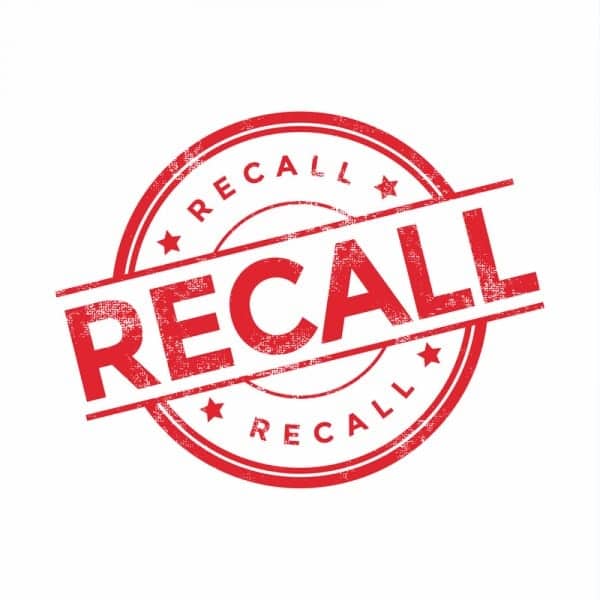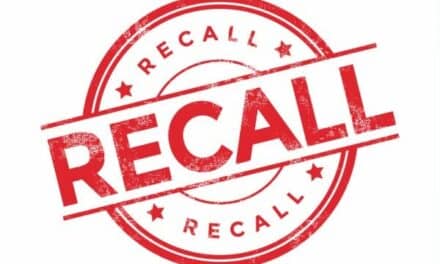Royal Philips, Amsterdam, the Netherlands, is providing an update on the recall notification for specific Philips Bi-Level Positive Airway Pressure (Bi-Level PAP), Continuous Positive Airway Pressure (CPAP), and mechanical ventilator devices to address identified potential health risks related to the polyester-based polyurethane (PE-PUR) sound abatement foam component in these devices.
The majority of the affected devices within the advised five-year service life are in the first-generation DreamStation product family. The company will replace the current sound abatement foam with a new material and has already begun the preparations. To date, Philips has produced millions of Bi-Level PAP, CPAP, and mechanical ventilator devices using the PE-PUR sound abatement foam.
Despite a low complaint rate (0.03% in 2020), Philips determined based on testing that there are possible risks to users related to this type of foam. The risks include that the PE-PUR foam may degrade into particles which may enter the device’s air pathway and be ingested or inhaled by the user, and the foam may off-gas certain chemicals. The foam degradation may be exacerbated by use of unapproved cleaning methods, such as ozone, and high heat and high humidity environments may also contribute to foam degradation.
Therefore, Philips has decided to voluntarily issue a recall notification to inform patients and customers of potential impacts on patient health and clinical use related to this issue, as well as instructions on actions to be taken.
“We deeply regret any concern and inconvenience that patients using the affected devices will experience because of the proactive measures we are announcing today to ensure patient safety,” says Frans van Houten, CEO of Royal Philips. “In consultation with the relevant regulatory agencies and in close collaboration with our customers and partners, we are working hard towards a resolution, which includes the deployment of the updated instructions for use and a comprehensive repair and replacement program for the affected devices. Patient safety is at the heart of everything we do at Philips.”
Repair and Replacement Program
Philips is providing the relevant regulatory agencies with required information related to the launch and implementation of the projected correction. The company will replace the current sound abatement foam with a new material and has already begun the preparations, which include obtaining the relevant regulatory clearances. Philips aims to address all affected devices in scope of this correction as expeditiously as possible.
As part of the program, the first-generation DreamStation product families will be modified with a different sound abatement foam and shipped upon receipt of the required regulatory clearances. Philips’ recently launched next-generation CPAP platform, DreamStation 2, is not affected by the issue. To support the program, Philips is increasing the production of its DreamStation 2 CPAP devices that are available in the United States and select countries in Europe.





